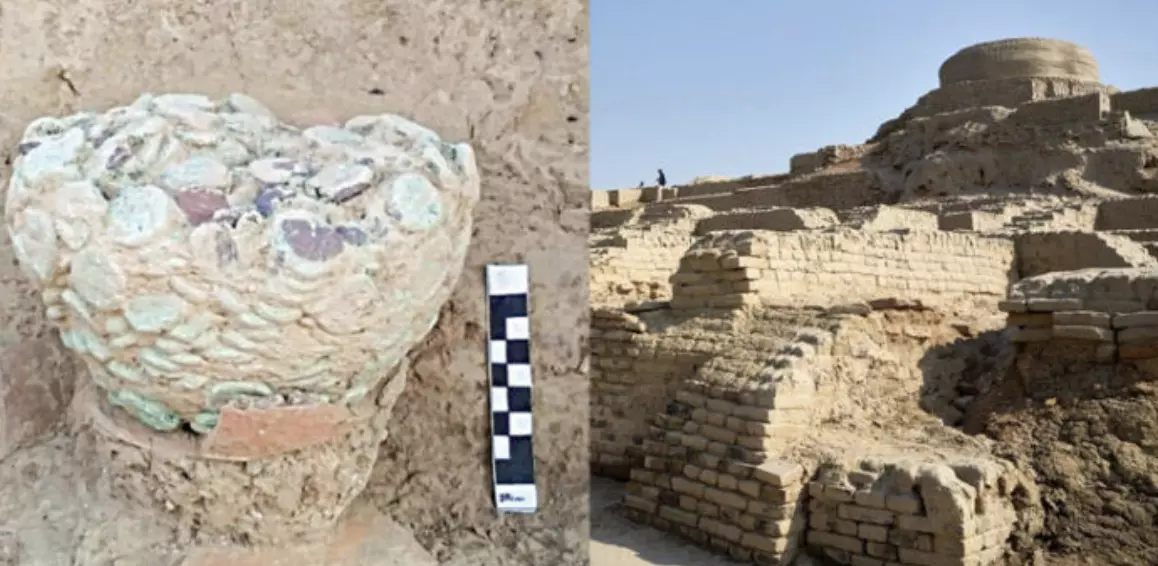Copper coins dating back 2000 years unearthed at the ancient Mohenjo Daro site
Archaeologists in Pakistan have unearthed a rare collection of copper coins estimated to be around 2000 years old within the remnants of a Buddhist shrine located at the ancient site of Mohenjo Daro.
image for illustrative purpose

Archaeologists in Pakistan have unearthed a rare collection of copper coins estimated to be around 2000 years old within the remnants of a Buddhist shrine located at the ancient site of Mohenjo Daro. Believed to originate from the Kushan Empire, a period marked by the widespread adoption of Buddhism, the discovery sheds light on the historical significance of the region.
Mohenjo Daro, once the largest settlement of the Indus Valley Civilization, houses the Buddhist shrine, also known as a stupa, where this cache of coins was found. Sheikh Javed Ali Sindhi, an archaeologist and guide, explained that the stupa was constructed 1600 years after the fall of Mohenjo Daro, providing a unique glimpse into the region's layered history.
Following the collapse of a wall at Mohenjo Daro, Sheikh Javed Ali Sindhi led a team in excavating the site, discovering a substantial number of coins. The excavation project was overseen by Syed Shakir Shah, the Director of Archaeology. The coins, weighing approximately 5.5 kg in a circular mass, have taken on a greenish hue due to copper tarnishing over time. While some coins were found independently, others formed a cohesive mass. It is estimated that between 1,000 and 1,500 coins were present in the hoard.
To preserve and study these ancient artifacts, the coins will undergo meticulous cleaning at an archaeological laboratory. Notably, some of the exterior coins in the hoard depict standing figures believed to be Kushan kings, offering valuable insights into the political and cultural landscape of the Kushan Empire during that era.

